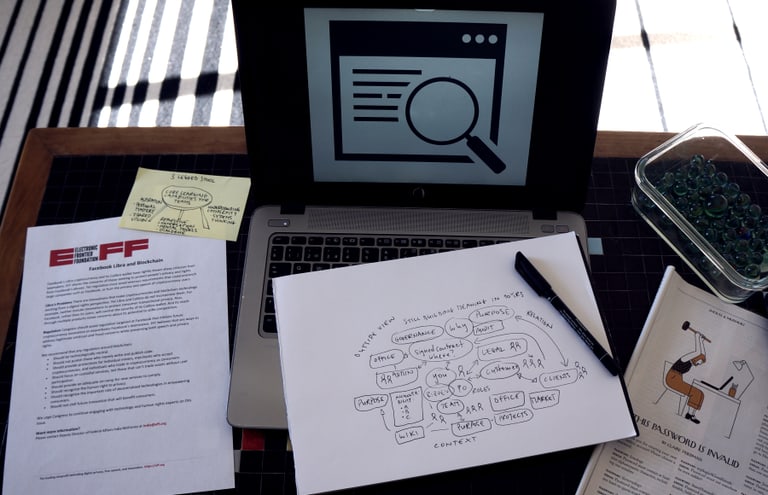We have over 30 "ask" channels on our company chat, ranging from "ask-andy" to "ask-zebra" (Andy being... Andy, and Zebra being our central project management and time tracking tool plus some). There is a lot to be learned about our organization—and much time to be wasted—in reading these channel's messages. Questions are repeated over time.
What if we would pass our questions through an intelligent search that queries previous questions and answers before addressing our colleagues? This would be similar to what is used in customer support portals, where a FAQ is queried and possible solutions recommended to you before your question is put to a real person. We could push this a little further though, with a search that...
a) shares its "reasoning" (as in how it arrived at a given result) and
b) asks me on how to improve the result in order to provide a better one next time.
In these dedicated "ask" channels, it would probably be "safe" to blur the boundaries of chat and search in such a way; as long as I know if I'm addressing a person or a machine I will probably be less affected by cognitive dissonance. That said, I am always subjecting myself to both man and machine when using a virtual communication interface anyway.
I am hoping a verbose search output that shows the path to a result in a structured way will lead to new learning and a better understanding of systems and context in our organization.
I am aware that more information does not necessarily lead to more understanding. But seeing the context probably will. A nice thing about Enterprise Search is that we can work with information about the user, like my roles and accountabilities, to get results that are specifically relevant to me. Also we can understand the context in which the questions reside more easily.
The search results could output a system context diagram or flow chart, illustrating relationships (people), responsibilities and the purpose (why does a given process exist).
Let's use an example question: "Where do we store the signed copy of contract xyz?"
The answer might be: "This contract is attached to the wiki page xyz and a physical copy is in folder xyz in our Fribourg office". We could expand this answer by
- showing the contracts workflow including what people are involved in which roles
- showing the answers to the most common follow up question like who signed the contract from the client side, the main agreements, duration etc.
- showing which other team deals with this client
- showing recent deals from our CRM
- introducing me to people responsible for contracts in the legal team
And so forth, possibly with different answers depending on my role, my skills or if I am in the onboarding phase for example.
This would open up exciting learning possibilities right inside the flow of work, without ever adding a learning module or entering a course.

